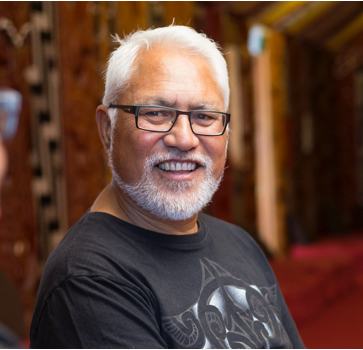Succession: Transfer of ownership when an owner dies
Applying to the court for a succession order
Court registrars can deal with simple succession matters
Te Ture Whenua Māori Act 1993, s 113A
The Māori Land Court Registrar can take care of simple succession matters, without the need to go to court.
Registrars can decide succession matters that are “simple and uncontested,” meaning that they aren’t complicated, and no one has objected to what’s proposed. Some “simple and uncontested” situations include:
- when all the people are of the same class of alienees, and will succeed to equal shares
- when this isn’t the first succession, and the court dealt with a previous one.
To go through this quicker process, you apply in the usual way, and should include plenty of detail to show that your situation is simple and uncontested, and notify anyone else who is affected, or named in the application.
How do I apply to be a successor?
You’ll need to complete an application for a Succession Order and lodge it with the Māori Land Court. For information about the application process see: “Applying to the Māori Land Court for an order”.
You’ll need to include the following with your application:
- a death certificate (either an original or a certified copy)
- a certified copy of either:
‒ the will and the court’s grant of probate (its acceptance of the will as valid), or
‒ the court’s grant of administration (which applies if there’s no will) - the application fee
- whakapapa details for the deceased person – this includes parents and brothers and sisters (including whāngai and those who have passed away).
Note: There are many different application forms for succession, so it’s best to talk to the court staff to find out which one best suits your situation.
Locating the land interests
To get details of who has an interest in the land, you can apply to the Registrar for a “search of beneficial interest” of the deceased, or use Pātaka Whenua on māorilandcourt.govt.nz.
Court staff will always carry out a full search when they receive your application.
Who should sign the succession application?
The applicant or their lawyer if they have one. There’s no need for the application to be signed by all the people who are entitled to be successors. By providing whakapapa details in your application (see above), this ensures that all entitled people are included.

